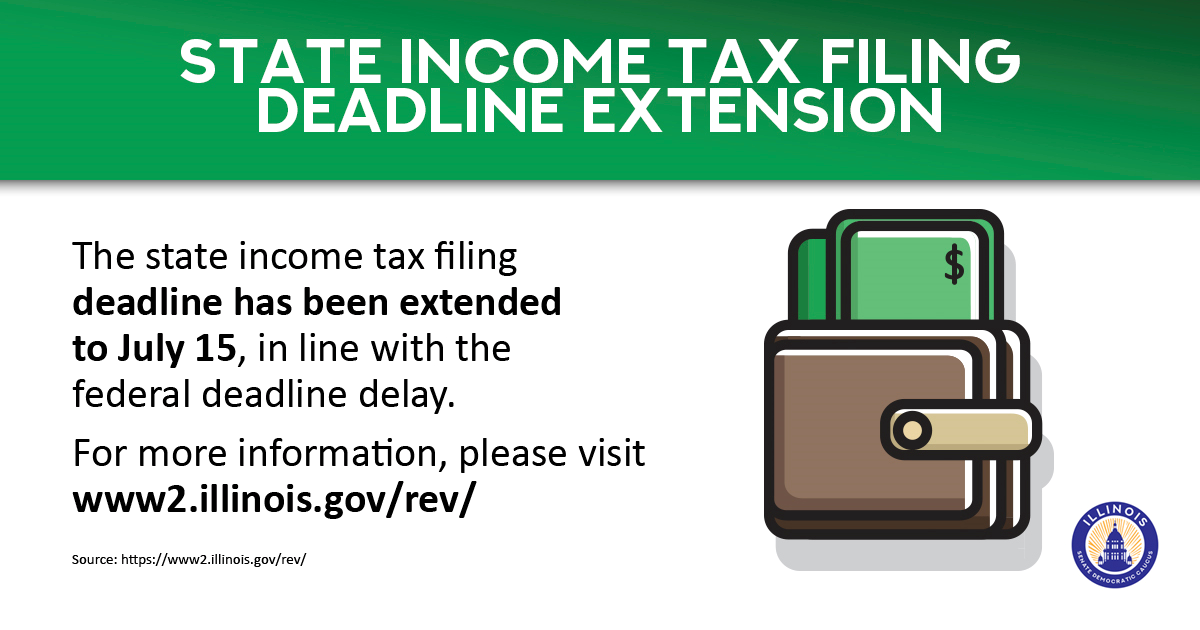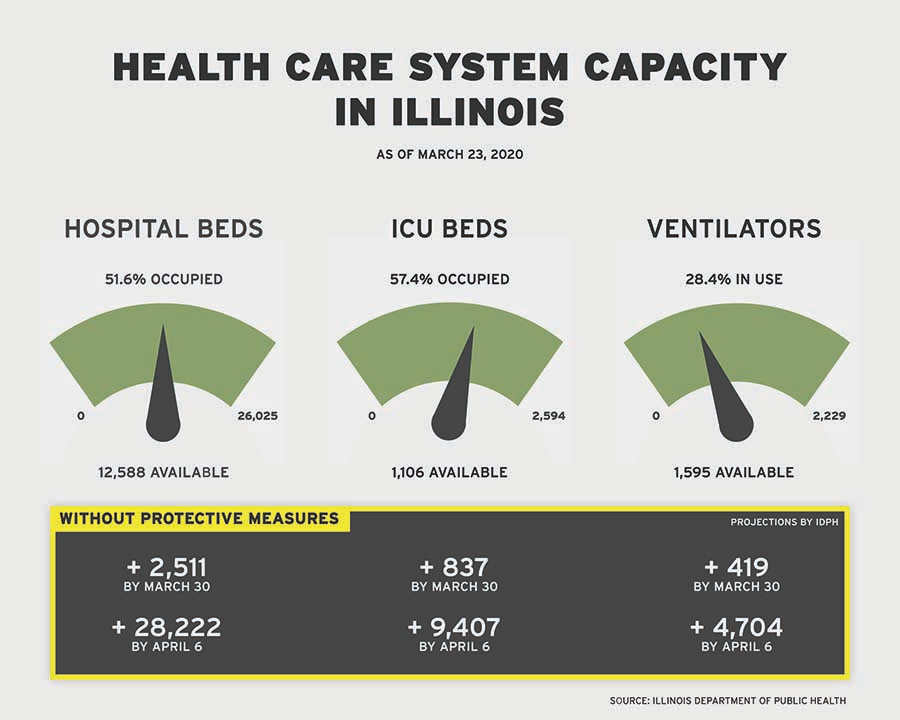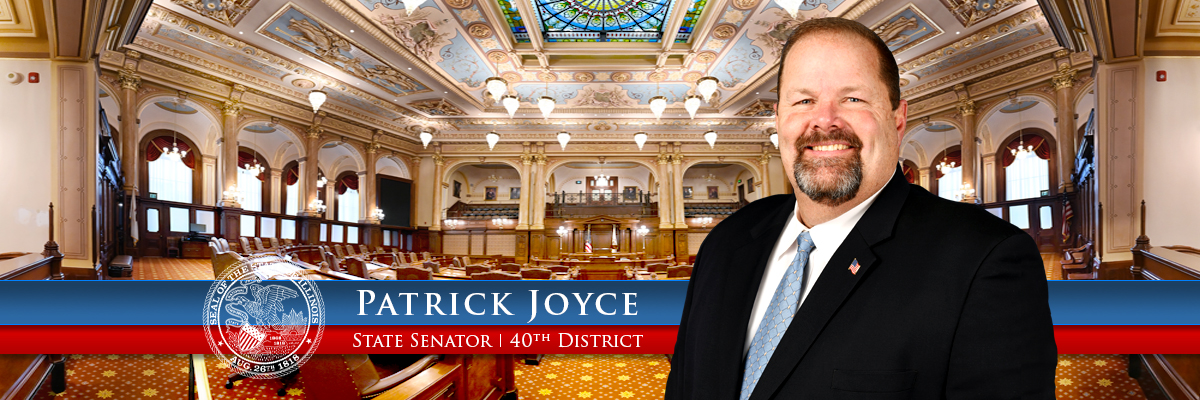- Details
- Category: Information
 PARK FOREST - Unfortunately, many scamming predators take advantage of troubled to seek new victims, especially seniors. State Senator Patrick Joyce (D-Essex) urges everyone to use their best judgement when responding to personal information and money requests.
PARK FOREST - Unfortunately, many scamming predators take advantage of troubled to seek new victims, especially seniors. State Senator Patrick Joyce (D-Essex) urges everyone to use their best judgement when responding to personal information and money requests.
Some of the most common scams seen by Raoul include:
• Emails claiming to be from the Centers for Disease Control and Prevention, World Health Organization, and other health care organizations, offering to share information about the virus.
• Emails asking for the verification of personal data, including Medicare or Medicaid information, in exchange for receiving economic stimulus funds or other benefits from the government.
• Email phishing scams, text messages from unknown sources which may include hyperlinks to what appear to be automated pandemic updates, or interactive infection maps.
• COVID-19 vaccinations and home test kits that are made online, in stores, through electronic messages or over the phone.
For more information or to report scams connected to COVID-19, please visit the attorney general’s website: https://www.illinoisattorneygeneral.gov/.
- Details
- Category: Information
 SPRINGFIELD - Governor Pritzker announced the Illinois Department of Revenue is delaying the tax filing deadline until July 15, as the federal government already announced. IDOR is still processing returns, so if you expect to receive money back, you may want to file before then. For more information click here
SPRINGFIELD - Governor Pritzker announced the Illinois Department of Revenue is delaying the tax filing deadline until July 15, as the federal government already announced. IDOR is still processing returns, so if you expect to receive money back, you may want to file before then. For more information click here
- Details
- Category: Information
 PARK FOREST - State Senator Patrick Joyce announces: "Gov. Pritzker has put in place many preventative measures to ensure this worse-case scenario does not become a reality. As we have seen in other countries, COVID-19 has engulfed their health care systems. Illinois is no exception. We must be proactive to help our heath care systems.
PARK FOREST - State Senator Patrick Joyce announces: "Gov. Pritzker has put in place many preventative measures to ensure this worse-case scenario does not become a reality. As we have seen in other countries, COVID-19 has engulfed their health care systems. Illinois is no exception. We must be proactive to help our heath care systems.- Details
- Category: Information
 PARK FOREST - To assist local businesses impacted by the outbreak of COVID-19, State Senator Patrick Joyce (D-Essex) is reminding residents of state and federal programs that may help business owners facing hardship.
PARK FOREST - To assist local businesses impacted by the outbreak of COVID-19, State Senator Patrick Joyce (D-Essex) is reminding residents of state and federal programs that may help business owners facing hardship.
“Small local businesses are the heart and soul of our communities. We must support them during these trying times,” Joyce said. “There are a variety of disaster assistance programs available to help give our local businesses the support they desperately need.”
Joyce encourages business owners to apply for up to $2 million in low-interest disaster assistance loans from the U.S. Small Business Administration. Interested applicants can apply directly at sba.gov/disaster.
The Illinois Department of Revenue will also defer sales tax payments for more than 24,000 small- and medium-sized bars and restaurants in Illinois. Find more information and check whether your business qualifies here.
“We need to come together at every level of government to support local businesses and communities, “Joyce said. “This pandemic is affecting everyone, and we’ll come out of it more strongly if we all work together.”
Those without access to paid sick leave or who are unable to work because of COVID-19 can call the Illinois Department of Employment Security at 1-800-244-5631 to apply for unemployment benefits. More information is available here. The department has hired additional staff and expanded business hours to handle an increased volume of calls. Callers may experience long wait times but are encouraged to stay on the call, even if they hear a busy line signal.
Joyce stated that even if his office is closed, his staff is working remotely to answer questions and address concerns from constituents. He urges residents to reach out by calling (708) 756-0882 or by visiting http://www.senatorpatrickjoyce.com/contact-me.
More Articles …
- Gov. Pritzker Announces Two-Week Statewide School Closure to Minimize COVID-19 Spread, Additional Economic Measures to Reduce Burden on Illinois Families
- Joyce’s resolution acknowledges and praises technical education
- Senior tax exemptions will now renew automatically
- Joyce announces property tax relief for residents of the South Suburbs
Page 12 of 15



